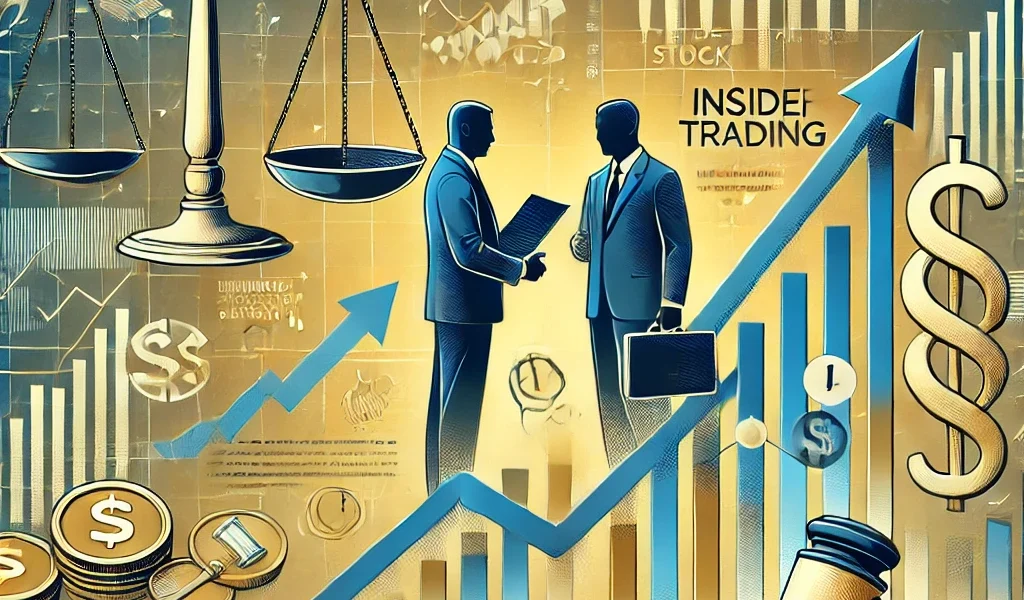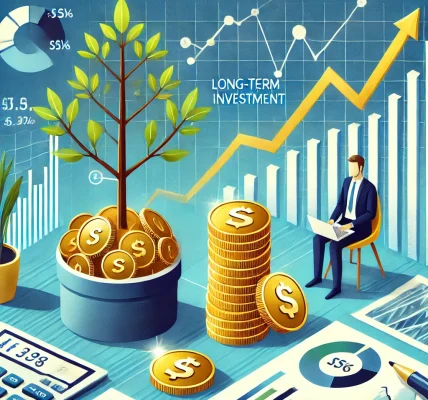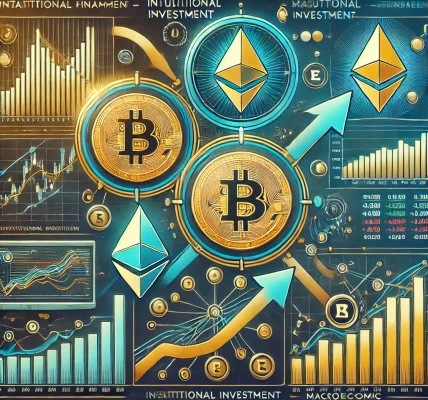Introduction
The stock market is a dynamic financial ecosystem where investors make decisions based on publicly available information. However, there are instances where certain individuals—insiders—gain access to non-public information, which can influence stock prices significantly. This practice, known as insider trading, plays a crucial role in market movements and has significant legal and ethical implications.
In this article, we will explore what insider trading is, its different types, how it impacts stock prices, and the legal consequences associated with it.
What is Insider Trading?
Insider trading refers to the buying or selling of stocks by individuals who have access to confidential, material information about a publicly traded company. This information, if made public, could significantly impact the stock price.
There are two types of insider trading:
- Legal Insider Trading: This occurs when corporate executives, employees, or board members buy or sell stock in their own company but follow disclosure rules set by regulatory bodies such as the Securities and Exchange Commission (SEC) in the U.S.
- Illegal Insider Trading: This involves trading based on material non-public information (MNPI), violating market regulations and leading to unfair advantages over general investors.
How Insider Trading Affects Stock Prices
Insider trading can have both immediate and long-term effects on stock prices. Here’s how:
1. Pre-Announcement Price Movements
- If insiders buy stocks before a major positive announcement (e.g., strong earnings report, merger, or acquisition), the stock price may increase as demand rises.
- Conversely, if insiders sell shares before negative news is disclosed (e.g., financial losses, regulatory penalties), the stock price may decline due to increased selling pressure.
2. Increased Volatility
- Insider trading, especially when large transactions occur, can lead to unusual market volatility.
- When investors notice unusual buying or selling patterns by insiders, they may speculate on upcoming news, further increasing stock price fluctuations.
3. Market Manipulation and Loss of Trust
- Widespread insider trading can erode investor confidence in financial markets.
- If traders suspect that insiders always have an unfair advantage, they may hesitate to invest, leading to lower market participation and inefficiencies.
4. Legal Actions and Stock Decline
- Companies found guilty of insider trading often face hefty fines and reputational damage, which negatively impacts stock prices.
- Shareholders may sell their holdings due to ethical concerns or fear of long-term consequences.
Notable Cases of Insider Trading
- Martha Stewart & ImClone Systems (2001)
- Martha Stewart sold shares of ImClone after receiving insider information about an FDA rejection.
- She was convicted of obstruction of justice and served prison time.
- The stock dropped significantly due to the scandal.
- Raj Rajaratnam & Galleon Group (2009)
- Rajaratnam, a hedge fund manager, used insider tips to trade stocks and was sentenced to 11 years in prison.
- His case highlighted how hedge funds could exploit insider information to gain massive profits.
Legal Consequences of Insider Trading
Regulatory agencies worldwide impose strict penalties to prevent insider trading. These agencies include:
- U.S. Securities and Exchange Commission (SEC)
- Financial Conduct Authority (FCA) in the UK
- Securities and Exchange Board of India (SEBI)
Penalties for illegal insider trading include:
- Fines and Monetary Penalties: Can reach millions of dollars.
- Imprisonment: Sentences can range from months to several years.
- Loss of Employment and Reputation: Individuals found guilty often lose their jobs and face long-term career damage.
How Investors Can Identify Possible Insider Trading
While detecting insider trading is difficult, investors can watch for red flags, such as:
- Unusual Stock Movements: Sudden price surges or drops without apparent news.
- High-Volume Trades: Large trades occurring before major announcements.
- Regulatory Filings: Watching insider buying/selling activity reported in company filings.
Conclusion
Insider trading plays a significant role in stock market movements, affecting prices, investor confidence, and overall market fairness. While legal insider trading is a normal part of the market, illegal insider trading is a major concern that regulatory bodies continuously monitor and penalize.
As an investor, staying informed and vigilant about insider activities can help in making better trading decisions while ensuring compliance with ethical investing standards.




